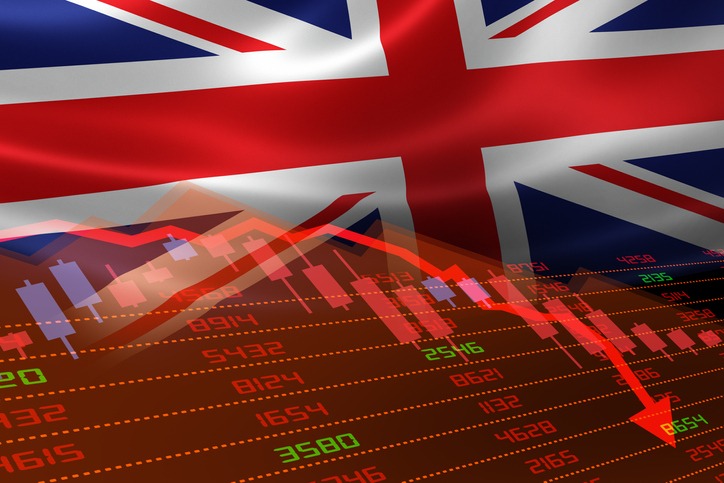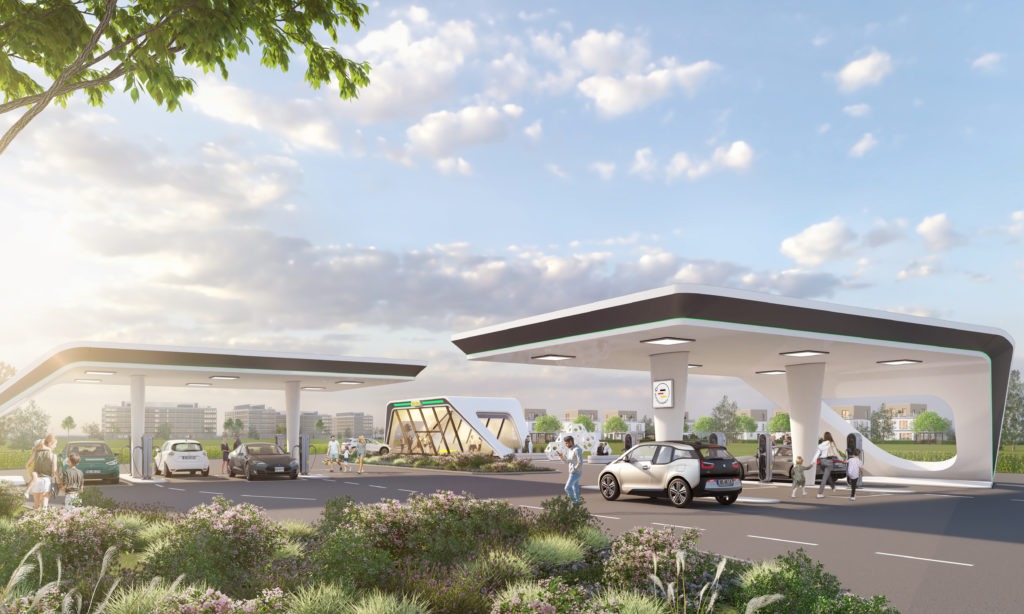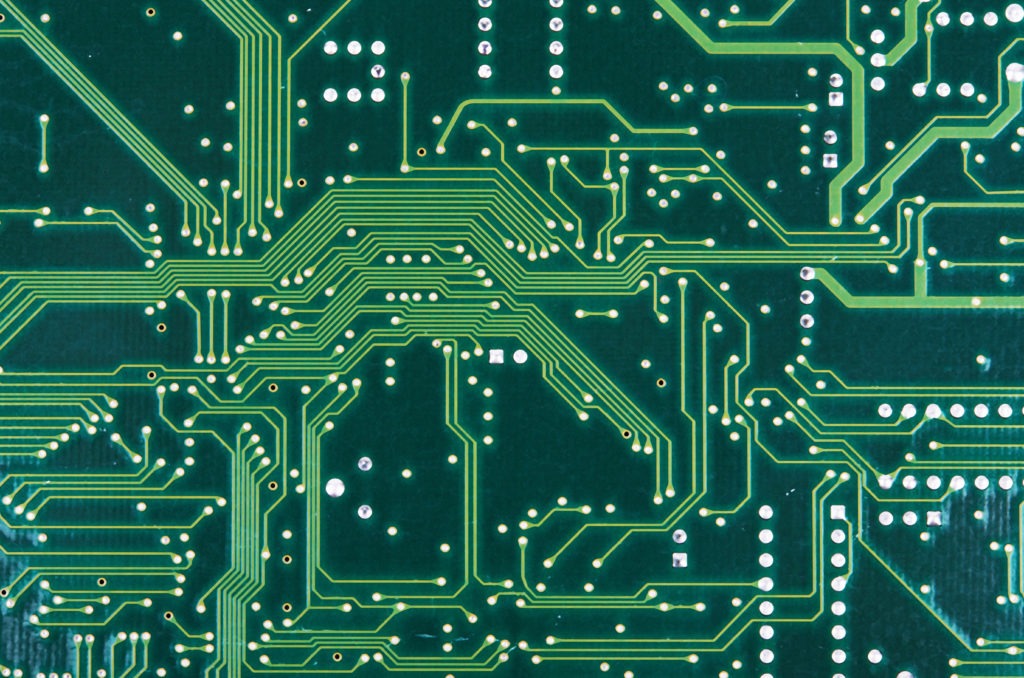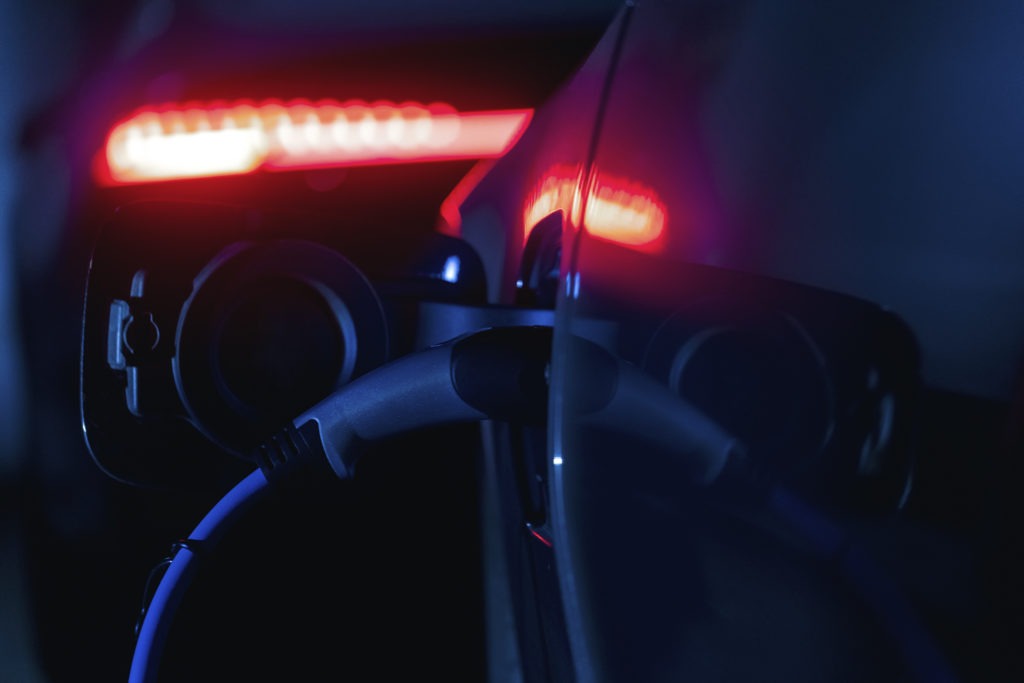Cautionary improvement in the German new-car market in September
06 October 2021
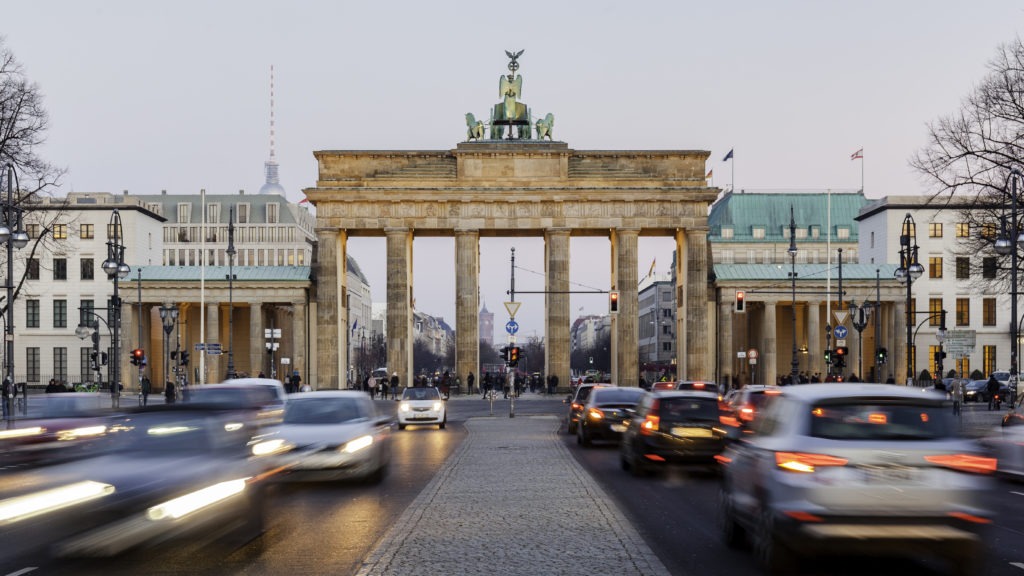
New-car registrations in Germany amounted to 196,972 units in September, equating to a decline of 19.5% compared to the same month in 2019, according to the latest figures released by the Kraftfahrt-Bundesamt (KBA).
This marks a healthy improvement on the 38.4% decline in August, although there was one more working day last month than in September 2019. On an adjusted basis, Autovista24 calculates the market contracted by 23.1%.
The downturn is the third least severe this year, with only March and June performing better, but the recovery is certainly weaker than anticipated. Furthermore, the seasonally-adjusted annualised rate (SAAR) was just 2.3 million units, whereas more than three million new cars are usually registered in Germany every year.
As German dealers endured COVID-19 lockdowns and subsequent releases of pent-up demand, year-on-year comparisons with 2020 are not useful. On this basis, the latest developments are compared to 2019, which better represents the true performance of the country’s new-car market.
Deteriorating outlook
Germany continues to avoid a new wave of COVID-19 infections but is grappling with the constrained supply of new cars due to the shortage of semiconductors, as well as rising energy costs. These factors are impeding a market recovery, although the year-to-date contraction in the first three quarters of 2021, compared to the same period in 2019, has improved slightly to 26.4%.
The outlook for the remainder of the year has deteriorated with chip shortages expected to persist into next year and possibly 2023. For example, the German media has reported on an extension of part-time working at Volkswagen’s Wolfsburg plant, as well as the closure of Opel’s Eisenach plant until at least the end of the year.
Furthermore, rising energy costs in the country have manifested themselves in inflation running at 4.1% in September, according to the Statistisches Bundesamt (Federal Office of Statistics). To put this into perspective, Focus magazine reports that this is at the highest level since December 1993, in the wake of the German reunification.
Private buyers accounted for a 36% of the market in September, as consumers regain confidence and return to dealerships. However, this trend is expected to change as inflationary pressure dents disposable income and confidence.
Given this and the ongoing delay to deliveries, Autovista24 has reduced its forecast for 2021 to 2.77 million new-car registrations. At this level, the market will be 5% smaller than in 2020 and 23.1% down on 2019. This would also make it only the third year the country registers fewer than three million new cars since 2010.
Petrol remains the leading fuel type in Germany, accounting for 35.9% of registrations last month. The fuel powered almost 60% of new cars registered two years ago. Similarly, only one in six new cars registered in Germany last month was a diesel, compared to 30% in September 2019.
BEVs overtake diesels
Conversely, the market share of battery-electric vehicles (BEVs) rose to 17.1% last month, exceeding the diesel share of 15.9%. Standard hybrids (HEVs) have trebled their share over the last two years, to 18.9% last month, but plug-in hybrids (PHEVs) have enjoyed the most phenomenal growth. The technology only accounted for 1.5% of the German market two years ago but gained a 11.6% share last month.
This ongoing electrification brings the average CO2 emissions of new cars registered in September to 111.6g/km, 28% lower than two years ago.
